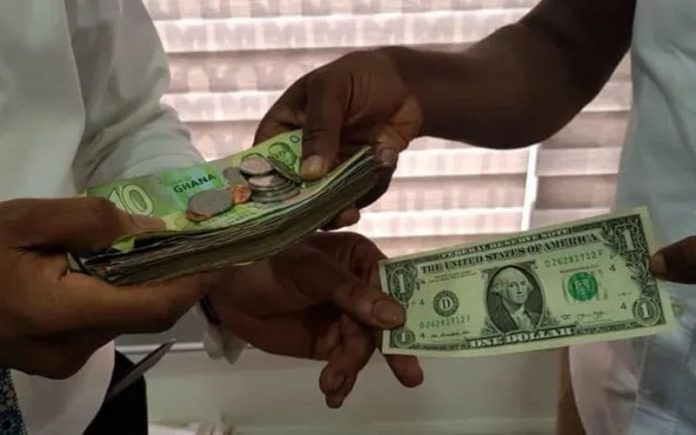Africa Policy Lens (APL), a policy research and analyst organisation, has commended Ghana’s recent macroeconomic progress but warned that the appreciation of the cedi could be short-lived if not supported by deeper structural reforms.
According to APL, while the cedi has appreciated significantly in the first half of 2025, this has largely been driven by temporary measures.
It mentioned heavy forex market interventions by the Bank of Ghana (nearly $1 billion between January and May 2025) and tough fiscal decisions such as freezing government spending and suspending payment of arrears as factors that have significantly contributed to these gains.
“These gains, while encouraging, are built on temporary pillars that require deeper reforms to become sustainable,” APL noted.
APL points out that Ghana has seen similar periods of stability before, particularly between 2017 and 2019 during the IMF Extended Credit Facility programme. During that time, the cedi was relatively stable due to improved fundamentals, disciplined fiscal policy, and external conditions such as rising oil production and commodity prices.
It suggests that today’s policymakers can learn from that period by focusing on long-term reforms instead of relying on interventions.
“There are lessons from the past—particularly the 2017–2019 period—that show sustainable stability must be anchored in strong fundamentals, not ad hoc measures,” the organisation stated.
In a press release issued on Tuesday, May 27, 2025, it highlighted the potential risks if current strategies continue without adjustment while warning that over-reliance on gold-backed interventions and deferred obligations could backfire, especially if commodity prices fall or external financing becomes more difficult.
“Over-reliance on short-term tools such as gold-backed forex support and deferred government obligations could leave the economy vulnerable to external shocks,” APL warned.
It indicated that analysts such as S&P Global Ratings and Fitch Solutions have already warned that the cedi could face renewed depreciation in the second half of 2025 if structural imbalances resurface.
“Global credit watchers are already flagging risks, and Ghana must act swiftly to insulate itself from renewed pressures,” APL emphasised.
APL calls for stronger policy action, including the completion of debt restructuring, diversification of export revenue sources, and improved fiscal management.
It also emphasised the importance of transparent communication from government institutions to maintain investor confidence.
“To maintain the current momentum, reforms must be bold, and communication must be clear to avoid spooking markets,” the group stated.
In conclusion, APL stated that while Ghana’s currency has shown impressive recovery, “the challenge now is to ensure these gains are not only preserved but built upon,” reiterating that “without long-term reforms, the current stability may not hold.”
Source: Joy Business



